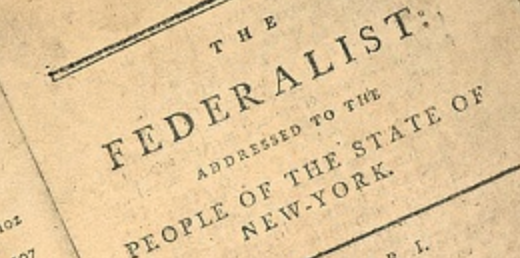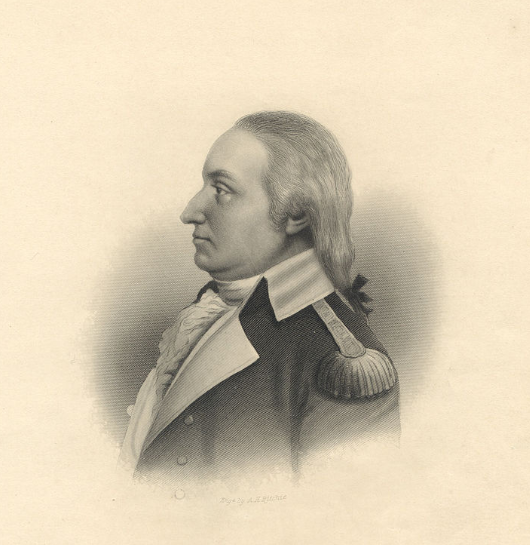Why Three-Fifths Was Compromised - Federalist #54
In Federalist #54, James Madison addresses the Three-Fifths Compromise.
Madison discusses why the Compromise was necessary for the Constitution to be ratified.
He also states, despite his own misgivings, some reason it might be helpful for the new Government.
Federalist #54
James Madison
February 12, 1788
In Federalist #54, James Madison addresses the Three-Fifths Compromise.
This agreement at the constitutional convention was an attempt to ease the concerns of both southern slave owners as well as wealthy northerners.
Slaves, at the time, were considered both people and property. Southerners wanted to count them as both, but northerners argued that if property was counted toward the number of Representatives in Congress then the massive amount of land they owned should count also.
The Compromise decided to count the slaves as ⅗ a person. This acknowledge that they were humans and should be considered as part of the population, if not citizens. Meanwhile, it limited the amount of ‘property’ which affected representation.
An Uncomfortable Conversation
In hindsight, the Three-Fifths Compromise (and slavery in general) is a black mark on the American Founding.
Interestingly, the manner in which James Madison discusses this topic demonstrates how uncomfortable he is with this deal. Writing under a penname, he looks at things from the point of view of a ‘southern advocate.’
Madison was just one of the many Founders who knew slavery was wrong but expected the institution to die out, as it was slowly becoming unprofitable.
The Logic of the Day
Madison presents the main reason for the Compromise: thank having property (slaves) count for taxes but not representation would be unfair.
He acknowledges the flaw in this thinking and admits that it was done simply as a way to get the constitution completed.
It has the added benefit, however, of giving States a reason to fully claim the entirety of their population, as any change would simultaneously affect taxes and representation conversely.
I publish Federalist summaries every Friday.
If you’ve missed on, you can catch up here.
There are dozens (maybe hundreds) of biographies about James Madison.
Personally, I love everything Richard Brookhiser rights, so if you wanted to learn more about the 4th President I highly recommend his book.
If you’d like a copy you can get it through the Amazon affiliate link below (you’ll support this site, but don’t worry, Amazon pays me while your price stays the same).
Want to get fun American Revolution articles straight to your inbox every morning?
Subscribe to my email list here.
You can also support this site on Patreon by clicking here.
Thanks for your support!






